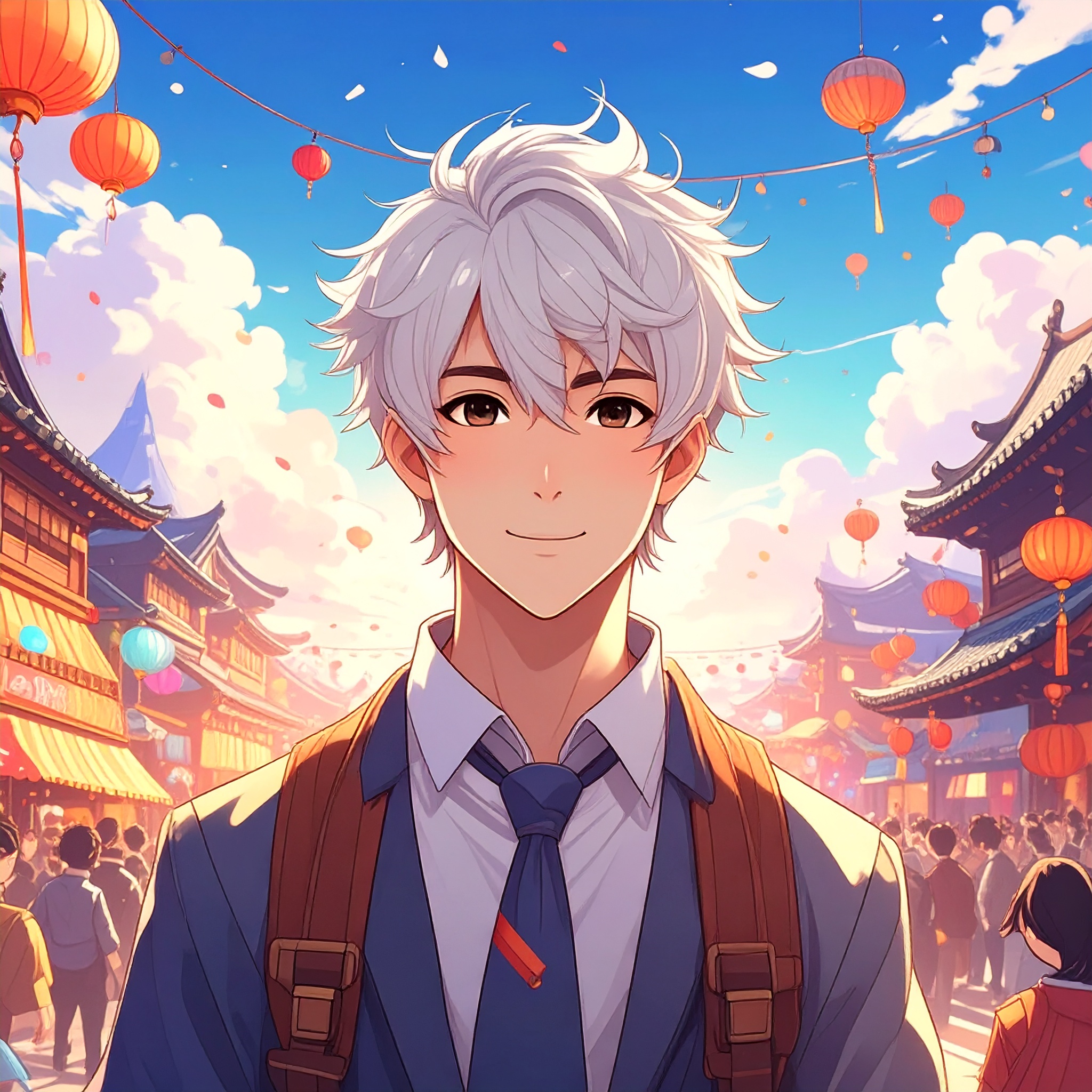Festivals passed down across Japan possess a mysterious power—the power to transform the everyday into the extraordinary. For a brief moment, familiar streets become mythic stages, and hearts are transported into another realm. In that space, ancient legends and deities are revived, and entire towns are woven into living stories. These festivals are not simply entertainment or tradition; they are reenactments of mythology—woven across time and generations, and deeply rooted in the cultural soul of the people.
Many traditional Japanese festivals are closely tied to Shinto, Buddhism, and local folk beliefs. Natural features such as mountains, rivers, seas, and rice fields are revered as deities, and festivals are expressions of gratitude and prayers for protection. When a portable shrine or float is carried through the streets, it is a tangible expression of living alongside unseen forces. The full arc of welcoming, honoring, and sending off the divine has nurtured a strong sense of community identity.
On the day of the festival, quiet neighborhoods fill with people, adorned in traditional garments, accompanied by instruments and voices that animate the town. Flags flutter from eaves, the steady beat of drums echoes through the streets, and dances refined through repeated practice unfold with pride. Every element reflects a culmination of time and care. A festival is not something performed—it is something lived.
This extraordinary experience is not only about visual spectacle, but about a deep internal shift. From the early preparations to the passing down of wisdom across generations and the shared responsibilities within the community, the festival grows naturally from everyday life. And yet, on that special day, the ordinary transforms into the mythic. Those who encounter that sacred atmosphere instinctively stand taller, holding a quiet pride in their hearts.

The reason many Japanese festivals are protected as cultural heritage is not solely due to external recognition. It is also a mark of deep respect for the uniqueness, locality, and methods of transmission that have allowed each festival to endure regardless of social change. A festival is a place where a region’s history, climate, daily life, and faith intersect—and no two are ever exactly the same.
In today’s world, many communities face challenges such as population decline, urbanization, and a shortage of successors. Even so, efforts are underway in numerous regions to ensure these traditions live on. From repairing costumes and decoding ancient documents to using videos and digital records, people are striving to pass down both the form and the spirit of their festivals to the future. Involving younger generations has become an essential part of this ongoing renewal.
Through festivals, local residents regain a sense of pride rooted in their land. For visitors, these moments of awe and shared experience offer a natural encounter with the values and spirit of the Japanese people. That once-a-year occasion becomes a quiet reminder of forgotten gratitude and connections—leaving a lasting imprint on each individual.
Festival culture does not merely replicate the past—it celebrates the present. It is a living expression, carried quietly across time through prayers that remain unchanged. In the instant when the everyday becomes myth, culture reveals itself. Festivals hold a quiet yet undeniable power to enrich the times we live in.




